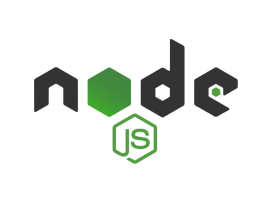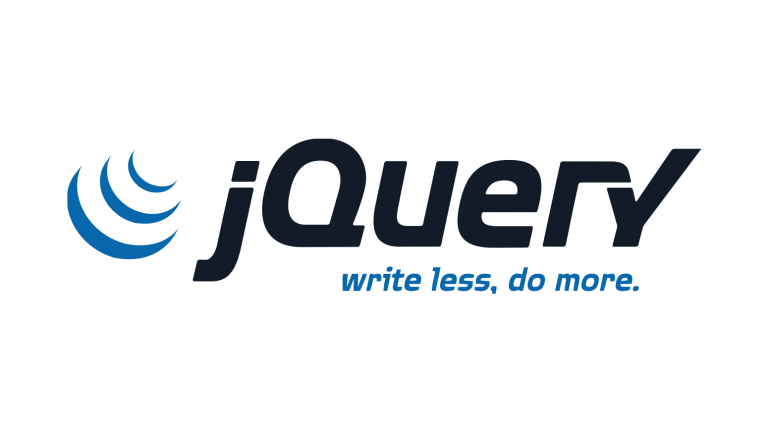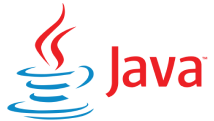NETWORK INVENTORY MANAGEMENT SYSTEM
The Network Inventory Management System is a complete solution that enables efficient management of network devices, both active and passive. This application not only supports network planning, but also integrates various network technologies. Using internal workflows, the system manages network management. As an integrated and powerful platform, this solution enables operators to successfully transform their OSS systems.To support the careful management of network data and services, this application provides a significant increase in the efficiency of business processes
Features & Function

Active Device Management
For active devices, this system manages information about active devices such as routers, switches, cables, and other equipment. This assists in tracking the location, condition, and status of the device, as well as assisting with maintenance planning.

Passive Device Management
In case of passive devices, this system manages data related to passive network settings such as VLAN, services, and connectivity. It provides a deep understanding of how networks are organized and interact.

Capacity Management
This solution supports capacity planning and service allocation from the core network to customers. With this capability, operators can optimize the use of network resources and ensure a good customer experience.

GIS Mapping
This system is integrated with a Geographic Information System (GIS) for visual mapping of infrastructure locations. Users can easily track and manage the geographical location of the device, enabling efficiency in monitoring and maintenance.

Reporting
This solution generates important reports such as status, availability, condition, and performance of network devices. These reports form the basis for effective infrastructure management and maintenance. With timely information, operators can take the necessary actions quickly.
Business Objects Covered

Active Devices Network

Passive Devices Network

IP Network

Geographic Location
Application Advantages
- 1
Network Infrastructure Management
- 2
Integration with GIS
- 3
Neo4j Graph Database
- 4
Capacity Planning
- 5
Superior Service Provisioning
- 6
Operational Efficiency
TechStack
- Frontend

Javascript
JavaScript enables real-time interaction with users, making applications more responsive and attractive.

Node JS
Node JS allow use of JavaScript on both sides (client and server), reducing complexity and the need to learn a new language.

Express JS
With a lightweight and flexible framework, Express JS enables rapid development of web applications.

Semantic UI
It can be used for a variety of purposes from form validation to creating dynamic elements on pages.

Jquery
jQuery simplifies DOM element manipulation and interaction with JavaScript, saving time and effort in development.

Pug JS
PUG provides a simple and easy-to-read template syntax, allowing separation between logic and display.
- Backend

Java
Java uses JIT (Just-In-Time) compilation, which results in faster and more efficient performance.

Node JS
Built for scalability, Node JS can handle heavy loads with high performance.

Swagger
With Swagger, you can ensure consistency in your API documentation. This makes it easier for development teams working together to understand and use the same API
- Database

Neo4j
Neo4j is a graphing database specially designed for managing structured data in graphic form. This allows for a better representation of the relationships between data, which is often found in applications that involve complex connections.

GeoServer
GeoServer is an open source based server software used to share, manage and analyze geospatial data via standardized web services.
- Insfrastructure

Linux
Linux can be adapted and configured as needed, providing greater control over the server environment.

NGINX
Web servers like Apache or Nginx are able to handle lots of traffic quickly and efficiently.

Docker
Docker provides an isolated environment for applications, enabling fast and consistent application deployment.

Apache Kafka
Docker provides an isolated environment for applications, enabling fast and consistent application deployment.
- Development Tools

Gitlab
GitLab enables source code management through version control, as well as team collaboration in software development.

Trello
Trello provides an easy-to-understand board view for organizing tasks, workflows, and projects.

OWASP
OASP provides a framework and guidelines for securing web applications from various cyber attacks and security holes.

SSL dan TLS
It can be used for a variety of purposes from form validation to creating dynamic elements on pages.

SFTP dan SCP
jQuery simplifies DOM element manipulation and interaction with JavaScript, saving time and effort in development.

SSH
PUG provides a simple and easy-to-read template syntax, allowing separation between logic and display.
